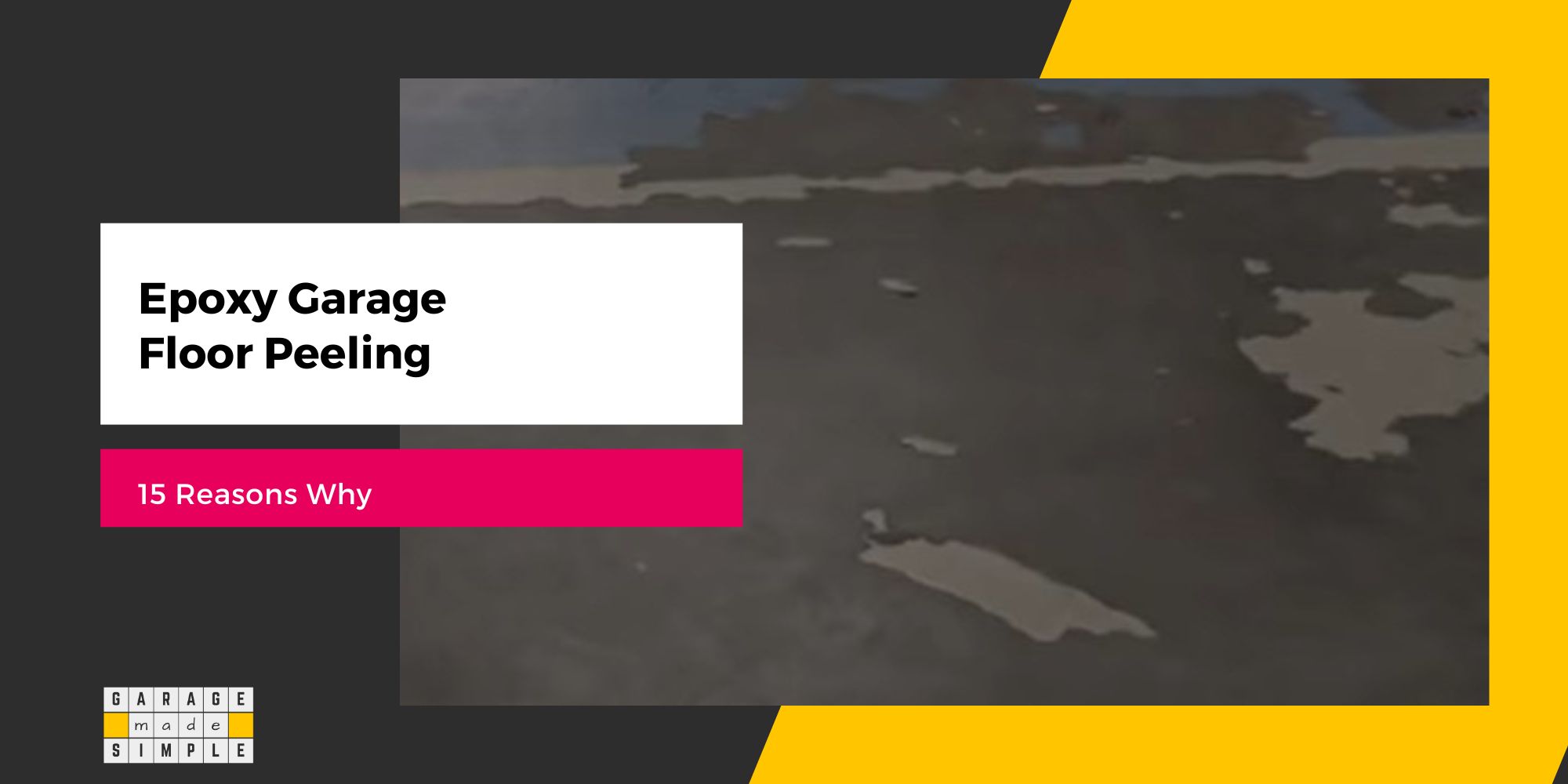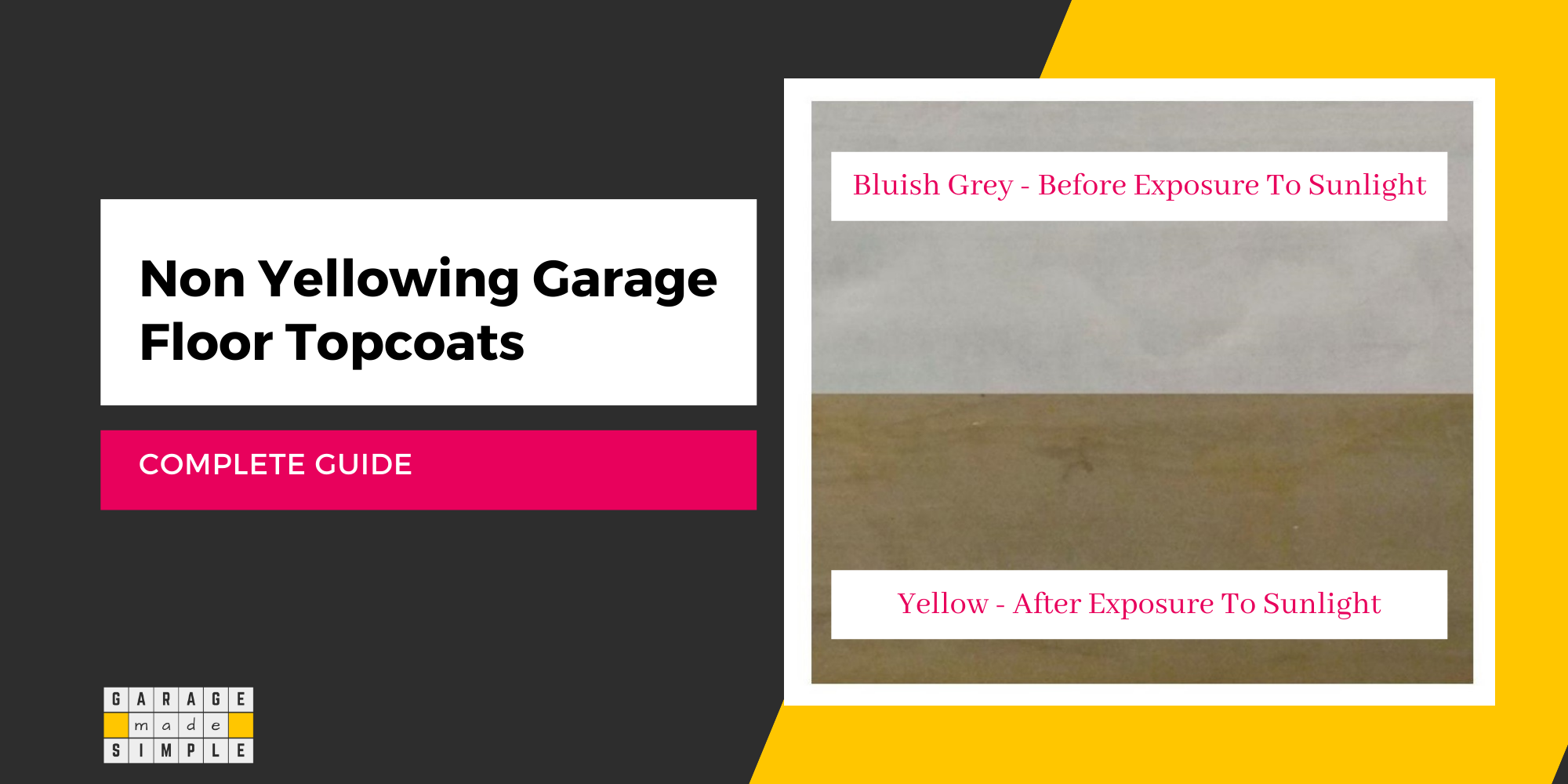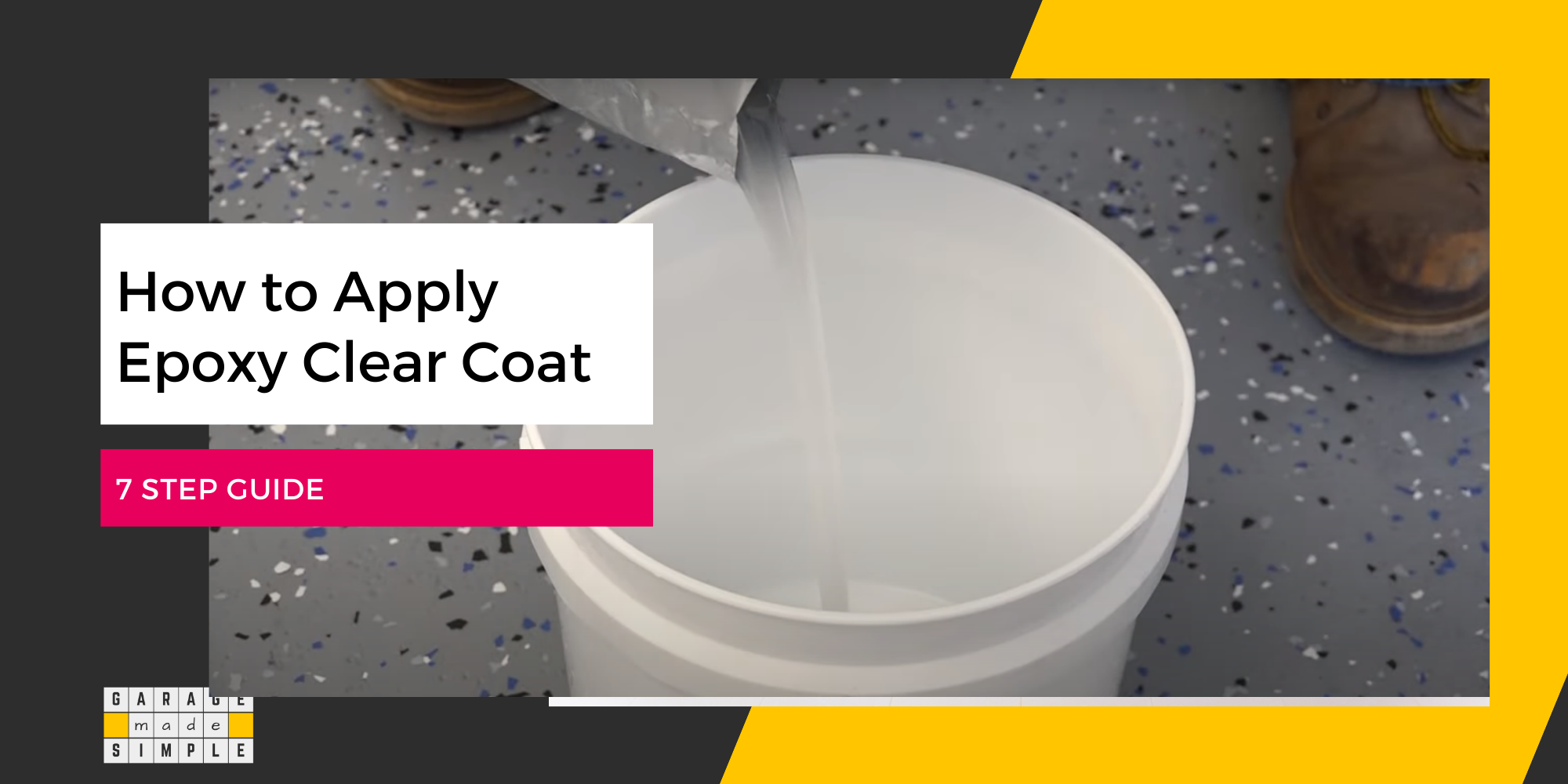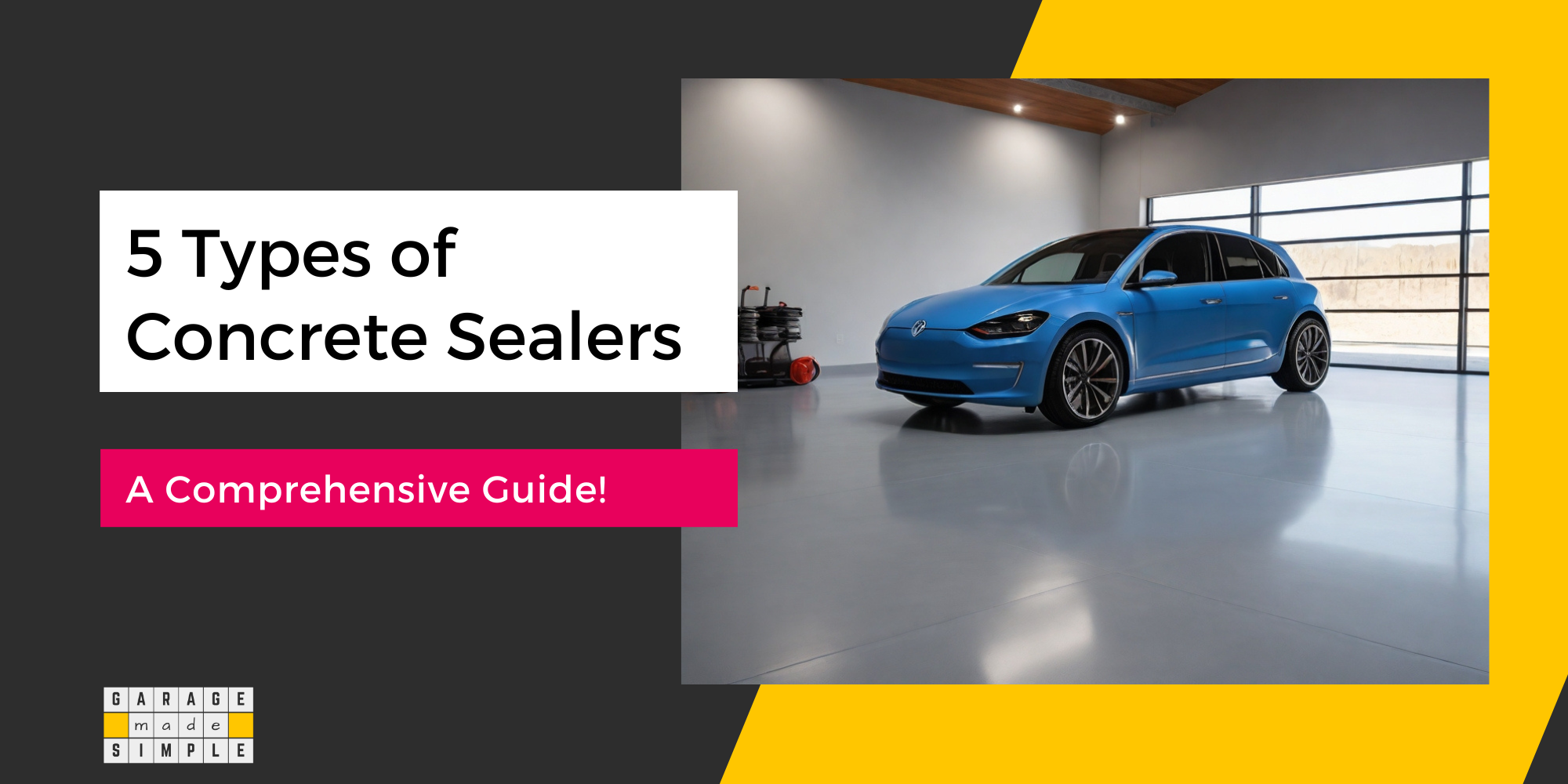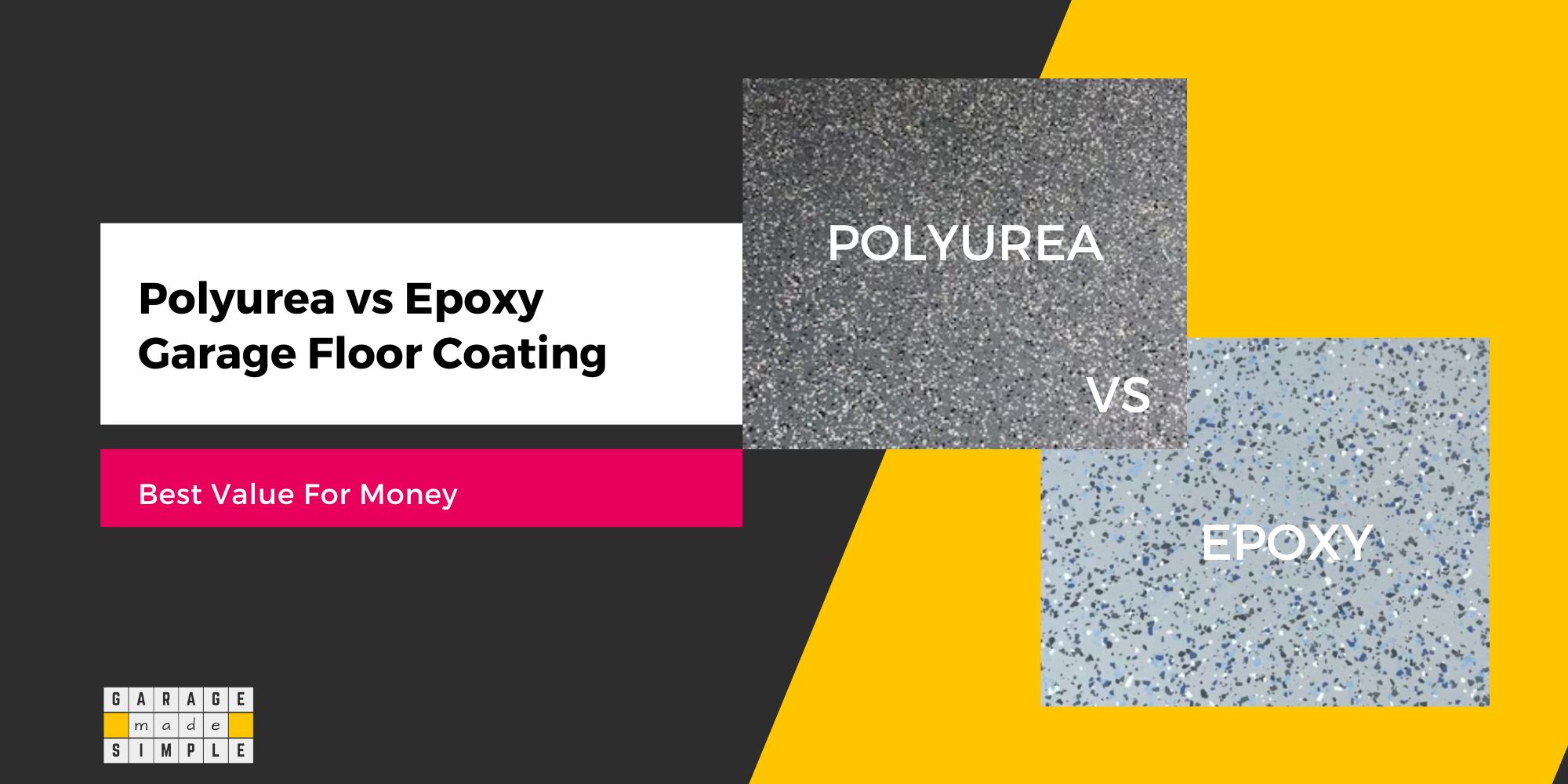Penetrating Concrete Sealer for Garage Floors: Best Guide 2024!
As an Amazon Associate, I earn from qualifying purchases.
What is Penetrating Concrete Sealer?
Penetrating concrete sealer is designed to seep into the concrete pores and protect it from within, guarding against water, oil, and other substances that can damage your concrete garage floor.
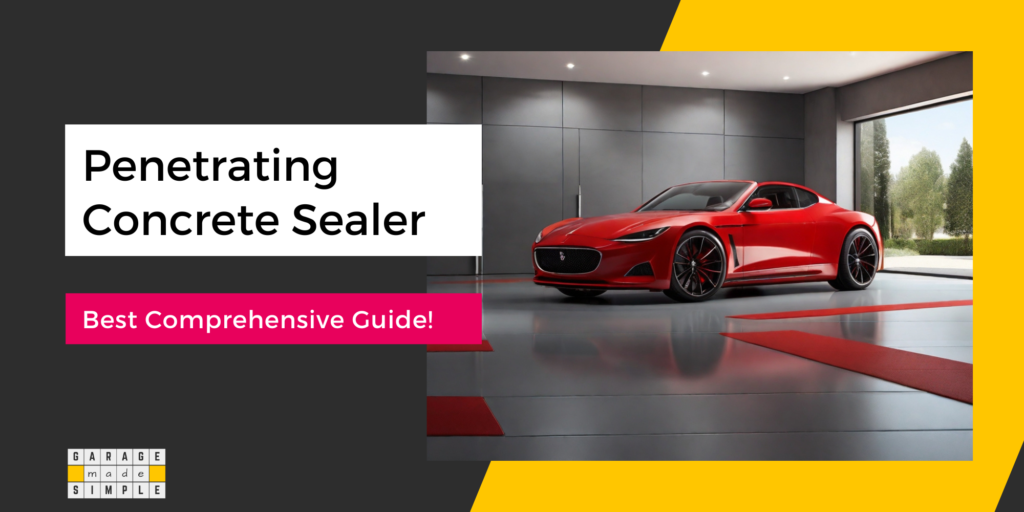
A penetrating concrete sealer, unlike a topical sealer does not get abraded and hence lasts longer. Moreover, it does not alter the appearance of your garage floor as it does not form a film..
Chemical Composition of Penetrating Concrete Sealer
Penetrating concrete sealers are typically formulated with Silane-Siloxane, Silane-Acrylic, Siliconate, and Silicate bases. These chemicals have low molecular weight and small size. As a result they can penetrate deep into the concrete pores and form a hydrophobic barrier.
Silanes are made up of silicon atoms bonded to hydrogen and organic groups. When applied to the surface of the concrete, silanes react with moisture and alkalis present in the concrete to form a water-repellent barrier.
Siloxanes, on the other hand, are silicon-oxygen polymers that also penetrate the concrete and form a water-repellent barrier. They provide similar protection to silanes but are typically more resistant to UV degradation, making them suitable for outdoor applications like driveways and patios.
Some penetrating sealers may also contain additional additives such as acrylics or epoxies to enhance durability and adhesion. However, the primary active ingredients are silanes and siloxanes.
In both chemistries, the hydrophobic, water-repellent barrier helps to prevent moisture intrusion, chemical damage, and staining, thereby extending the lifespan of the and maintaining its appearance.
Ultimately, penetrating concrete sealers prevent cracks, stains, and deterioration, extending the lifespan of your concrete garage floor. Penetrating sealers are ideal for all types of slab-on-grade because they allow the concrete to breathe, prevent trapped moisture and reduce the risk of freeze-thaw damage in cold climates.
Penetrating concrete sealer is one of the 5 types of commonly used concrete sealers. Penetrating sealers are further classified based on chemistry and medium as under:
Types of Penetrating Concrete Sealers – Based on Chemistry
Silicate Based:
These densifiers react chemically with concrete, creating Calcium Silicate Hydrate (CSH), which strengthens and densifies the surface. They come in sodium silicate and lithium silicate varieties, with the latter often used for denser surfaces.
Silane-Siloxane Based:
These sealers create a hydrophobic barrier within concrete pores, reducing water absorption and preventing damage like cracking, spalling, staining, and mold growth. While they may initially exhibit a water bead effect, this is temporary, with long-term benefits occurring beneath the surface.
Types of Penetrating Concrete Sealers – Based on Medium
Irrespective of the sealer chemistry they can be Water-Based or Solvent-Based
Solvent-Based:
Solvent-based penetrating sealers dry faster and can be applied in colder temperatures. However, they have an odor and can be damaging to surrounding materials sensitive to acetones.
Solvent-Based Penetrating Sealer
Armor SX5000 Solvent-Based Silane Siloxane Sealer for Concrete
- Reduces surface water absorption by up to 95%
- Reduces damage caused by snow, ice, and de-icing salts
- Will last for up to 7-10 years
Water-Based:
Water-based penetrating sealers have little to no odor and are safer for surrounding materials, but have stricter application temperature restrictions.
Water-Based Penetrating Sealer
Armor SX5000 Water-Based Silane-Siloxane Sealer
- Silane Siloxane Water Repellent
- Won’t change look or color of the Concrete
- Excellent sealer for unsealed garage floors
- Will reduce damage caused by snow and ice, road salts, environmental exposure, and staining
Penetrating Concrete Sealer – Application Frequency
You must apply a penetrating sealer, on a new concrete garage floor, only after the concrete has fully cured. This typically takes 28 days from the date the concrete was poured.
Unlike Topical Concrete Sealers, Penetrating Concrete Sealers do not get abraded by car tires, pedestrian traffic and regular wear & tear. As such, Silane-Siloxane penetrating concrete sealers can last 7-10 years before needing resealing.
Topical sealers on concrete floors need to be resealed every 1 – 3 years as they get abraded by traffic. Penetrating sealers on concrete floors need to be sealed every 7 – 10 years as that is their normal lifespan.
Check out my earlier post Sealing Garage Floor Concrete: (An Easy 7 Step Guide!)
There is a very simple test to find out whether the existing sealer is still effective or not. Wipe the sealed concrete surface with a damp rag to remove dust. Place a few drops of water on the surface.
If the water beads up the way it would on a sheet of glass or a lotus leaf, then the sealer is still effective. Do not reseal the concrete .
If the water does not bead up and flattens out or gets absorbed by the concrete, then the existing sealer is no longer effective. It is time to reseal the concrete .
I recommend that you reseal your concrete garage floor with a high quality penetrating concrete sealer every 5 years.
Step-by-Step Application of Penetrating Concrete Sealer
- Preparation: Start by thoroughly cleaning the concrete surface using a pressure washer or appropriate cleaning solution to remove dirt, debris, and stains. Ensure the surface is completely dry before proceeding.
- Test Absorption: Perform a water absorption test by sprinkling water onto the concrete. If the water quickly absorbs, the concrete is ready for sealing.
- Application: Apply the penetrating sealer evenly using a pump sprayer, roller, or brush, following the manufacturer’s recommendations. Work in small sections to ensure thorough coverage and avoid over or under application.
- Allow Penetration: Let the sealer penetrate into the concrete pores for the recommended time specified by the manufacturer.
- Remove Excess: After the penetration time, remove any excess sealer from the surface using a squeegee or mop to prevent puddles or streaks.
- Cure: Allow the sealer to cure for the recommended time before allowing foot or vehicle traffic on the surface. This duration varies depending on the product and environmental conditions.
Best Penetrating Concrete Sealer
The best penetrating concrete sealer for a concrete slab-on-grade floor is a Silane-Siloxane concrete sealer.
Foundation Armor
When choosing a penetrating concrete sealer consider
1. Durability: Look for a sealer that offers long-lasting protection against moisture, stains, and environmental factors to minimize the need for frequent reapplication.
2. Breathability: Choose a sealer that allows the concrete to breathe, preventing trapped moisture and minimizing the risk of cracking and spalling.
Thank you very much for reading the post. I do hope you found it informative and useful.



